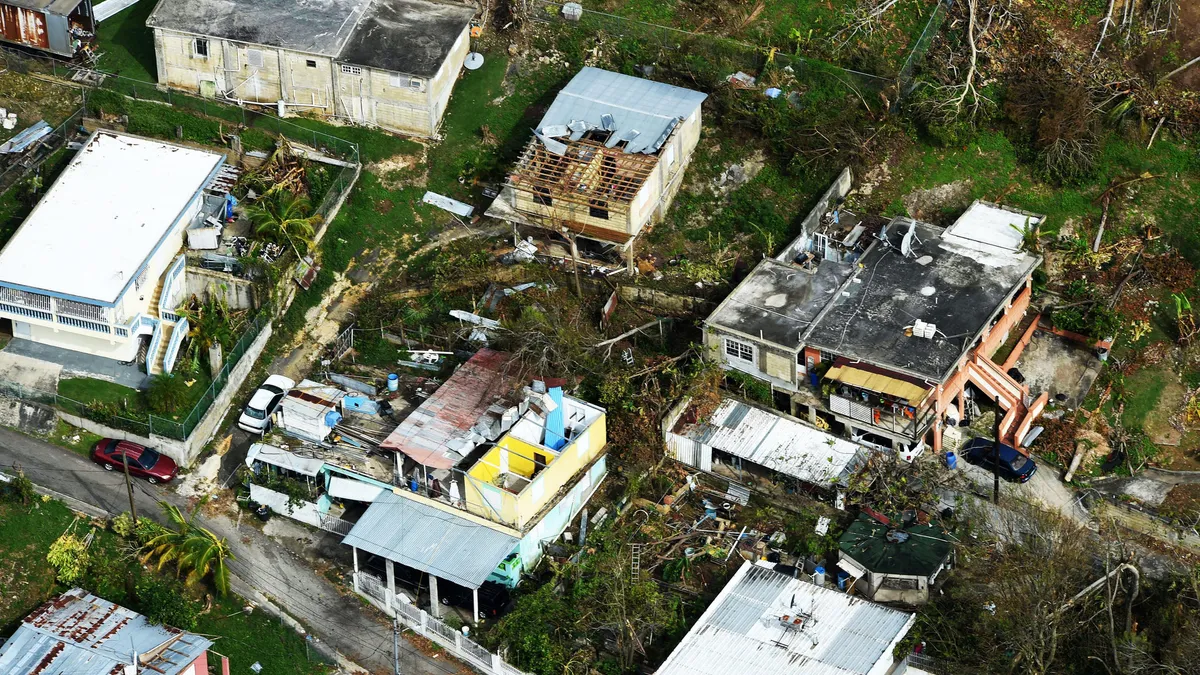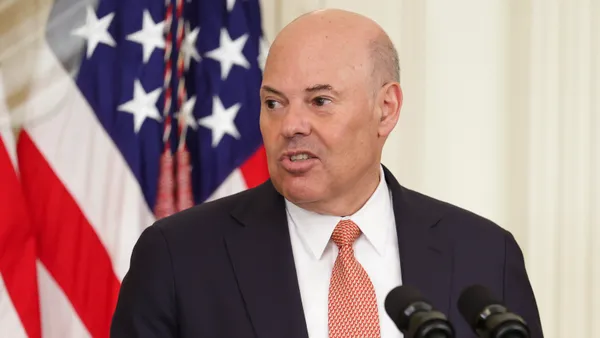Dive Brief:
- An ordinance proposal before the Miami-Dade County, Florida, Board of County Commissioners would prohibit employers from retaliating against non-essential workers who follow county evacuation or emergency orders instead of coming to work.
- The proposed ordinance, Sec. 8B-11.1, would prevent employers from terminating, demoting, or withholding or not paying wages, salaries, bonuses or benefits to all but "essential employees" — currently defined in the county's code as those "critical to the performance of the employee's department or agency's mission during disaster situations within Miami-Dade County" — so long as non-essential employees comply with county evacuation orders or other county executive orders issued during a declared state of emergency.
- The proposal also narrows the definition of essential employees to those employed by a specific group of employers: hospitals and healthcare providers; public or private utilities; media; government agencies; government contractors; public safety agencies; and "any other business that provides essential emergency related public safety supplies or services." Penalties for non-compliance with Sec. 8B-11.1 would be set at a base penalty of $500.
Dive Insight:
Miami-Dade officials likely proposed the ordinance to ensure there's no repeat of employers threatening workers for not getting to work during extreme weather conditions, as was the case when major hurricanes swept through the region in 2017. Pizza Hut's corporate office took action in the aftermath of Hurricane Irma, during which a manager at one of its Florida locations reminded workers of a company policy limiting their time off before a storm. After the message went viral, Pizza Hut denied having such a policy.
In contrast, Starbucks closed 700 stores to prepare for Hurricane Irma and offered to pay workers' wages if they weren't able to work. Ordinances might be necessary on some level, but employers' empathy and interest in workers' health and safety, backed by an emergency preparedness plan, can be just as meaningful.
HR should take the lead in helping organizations adopt emergency preparedness plans as well as emergency notification systems that reach all employees. Those resources must include evacuation procedures that help employees quickly get to safety. Of course, those plans should also comply with safety and evacuation orders from state, local and federal governments.












